This year's drama in the garden is, unfortunately, the same as last year's drama in the garden: a full scale squash bug infestation.
Squash bug eggs

Nymph
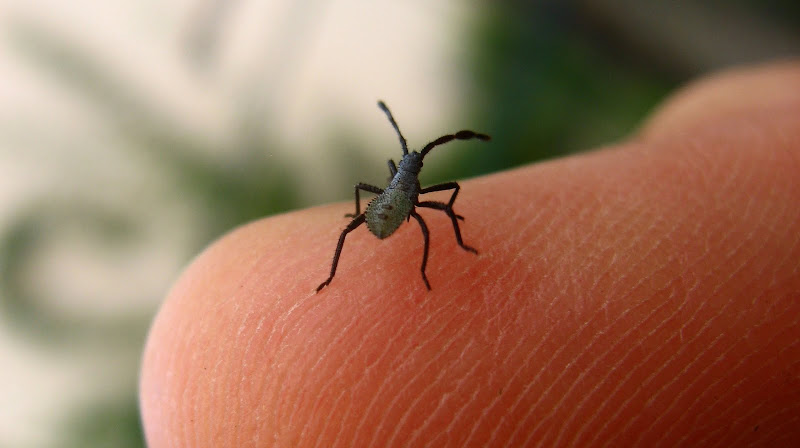
Adult
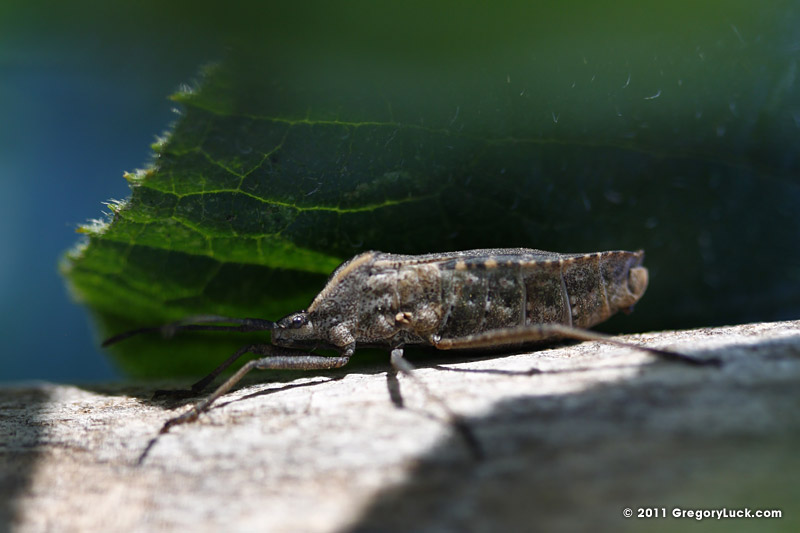
Having committed to doing our garden organically means that our integrated pest management plan A is to manually hunt the squash bugs in all their stages: adults which are, we have to admit, kinda scary, even to a non-sissy-girl like Trina. Like little armored tanks, they lurk and dart and, when bothered, emit a stench that stays stuck in your nose for a week. They're so quick and elusive that to catch them without damaging the plant they're on, you have to knock them off the leaf -- many people knock them into a bucket of soapy water -- or be really quick and careful with a pair of scissors, catching them with the blades and cutting them in half.
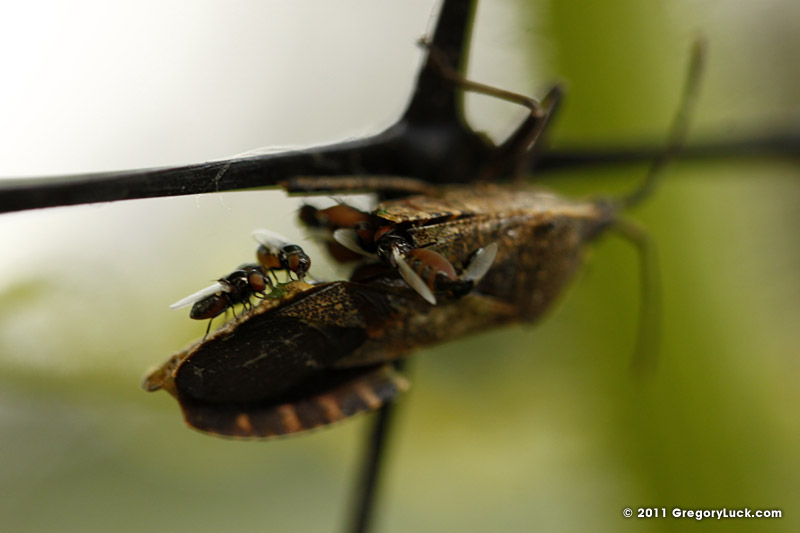
Here, a mostly scissor-severed squash bug. As the damaged bug continued to slowly crawl along, it was immediately set upon by small flies, which climbed onto and inside it's carapace and began to devour the guts. This satisfies us. Not because we have a deranged urge to see bugs eaten alive. But because A. we want to eat squash and dead squash bugs will help, and B. we want to encourage the natural systems around us.
The nearest of those systems to our everyday lives is our garden. It could be argued that a planted garden cannot be defined as "natural". But we are more inclined to feel that humans have a role in the natural cycle of things, and that our plantings are a conscious attempt to encourage healthy interaction between plants, insects, spiders, birds, worms, fungus, bacteria and other critters. Trina has planted many non-food flowers and plants that encourage beneficial pollinators like bees and butterflies. Plants whose seeds provide winter food for birds. Plants that discourage damaging insects. Plants that act as hosts to all kinds of little critters that bring wonder to the garden without hurting our ability to feed ourselves with the produce. The garden soil itself is a living system of microbes and tiny creatures that break down plant matter and add nutrients for the next year's crop.
Our intent, then, is to nurture ourselves and to make room for the myriad interactions and cycles that occur naturally among plants and creatures.
Example: These are squash bug eggs that have been parasitized by a wasp. (See bugguide.net)

If we feel that humans have a role in the natural cycle of things, we also feel that certain human organizations have twisted the role from one of encouragement, guidance and cooperation into a scorched-earth battle. Instead of learning how to better work within natural systems that have been thriving and developing for, oh, millions and millions of years, companies like Monsanto are striving for fascism. Their directive is to allow only their own "superior" crops to survive. To do so they develop poisons that kill plants and insects. They engineer their plants to withstand these poisons. They distort markets to force farmers who want to continue farming to buy their seeds and grown their crops. They own powerful political forces that allow them to obliterate competition. They assert their power to gain more power.
A recent example. [source1 source2] Monsanto and Bayer corporations are the cause of the colony collapse disorder that is killing bees. Their neonicotinoid chemicals sprayed on crops disrupt bee nervous systems. Bees are needed as pollinators of crops many other plants. Their selfish "solution" to dead bees (and other beneficial insects) is not to find new ways to encourage pollinators, but is instead to genetically engineer crops that self-pollinate. No bees. No problem -- for anyone growing patented, corporate-controlled, genetically modified, monopolistic food.
It's the kind of "win-win" solution that looks great on a corporate spread sheet. No more pollinators means everyone must buy their modified seed and profits go up. A wider view, though, suggests that destroying natural pollinators would have massive long-lasting negative effects on, well, most everything. When pollinators die, plants die. Entire ecosystems collapse. This is private-corporate-profit-motivated destruction of a resource held "in common" by all.
Our tiny garden is no match for an entire corporate-political system striving for short-term profits at the expense of long term health of that larger garden of our planet, our communities, our bodies. Yet each day, as we spend time weeding, lacing vines into trellises, pruning, harvesting and snipping squash bugs, we stand on a small bulwark to the rising tide.
More good garden scenes:
Southern magnolia


Ladybug pupa...

...and emerging adult

Birdhouse gourd flower
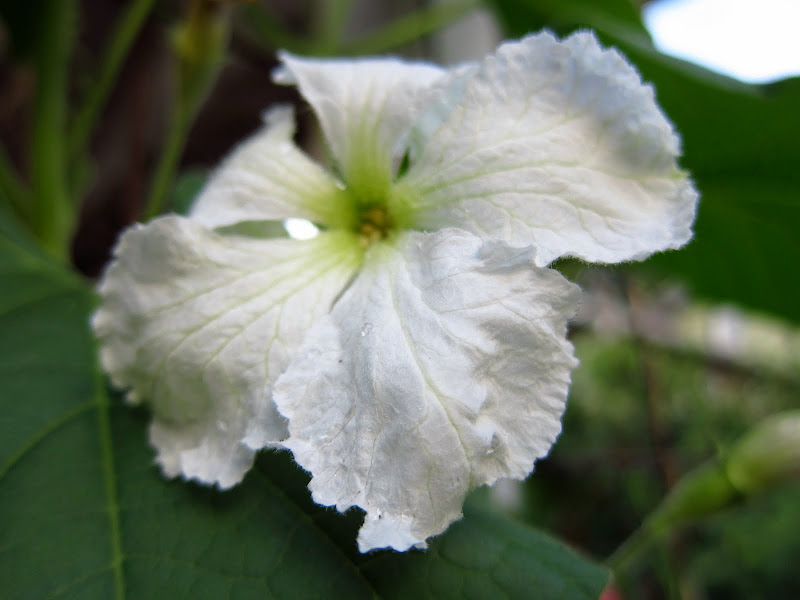
Happy bucket o' potatoes!
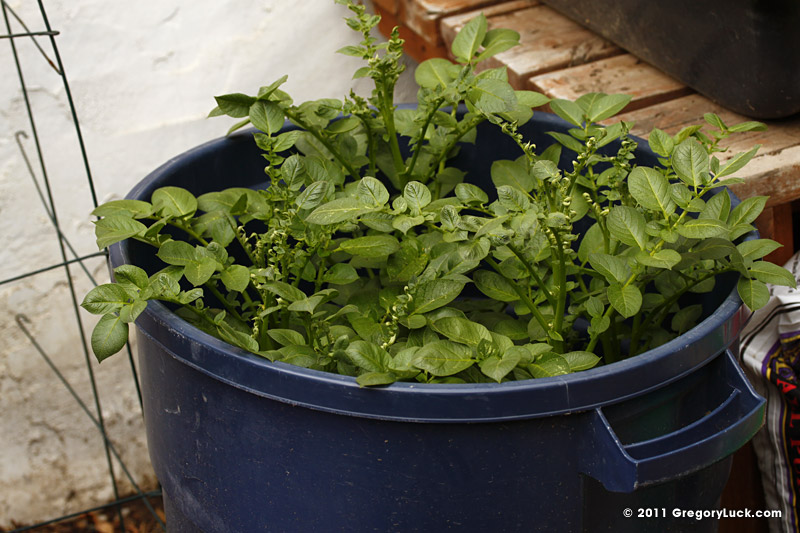
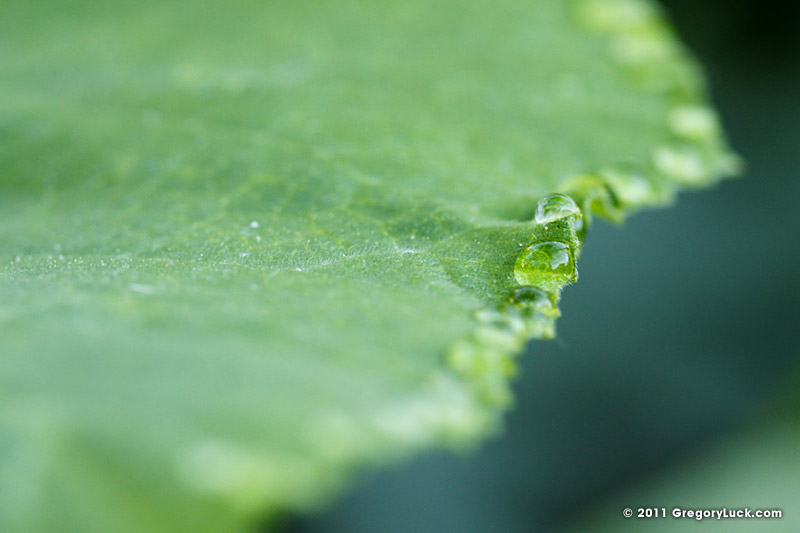
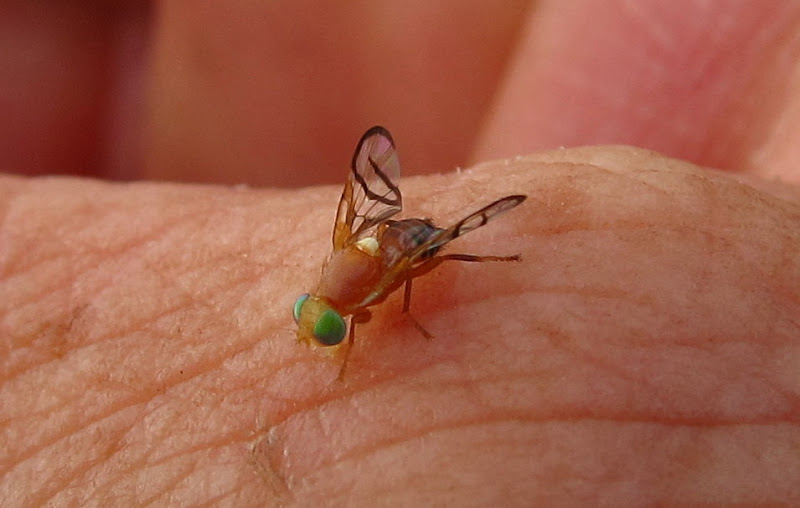
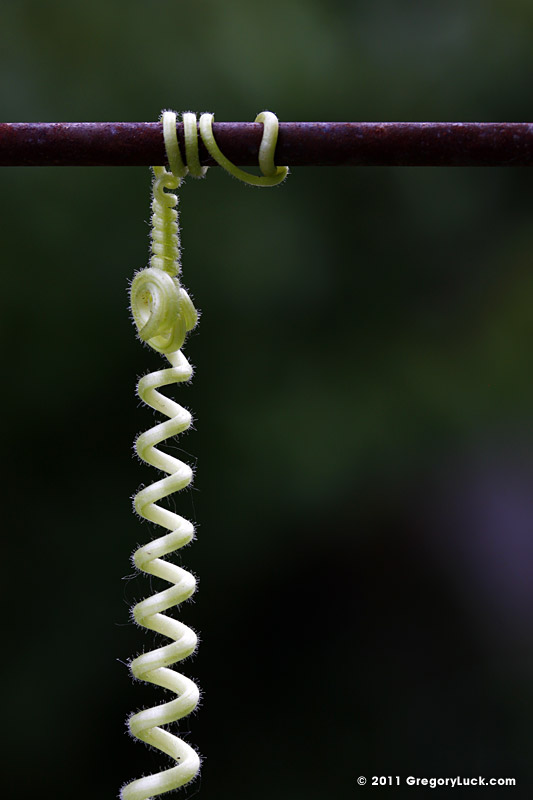

Reading this really makes me miss our Wednesday night dinner conversations. I met a wonderful Italian man in Venice, and we talked about the evils of Monsanto for quite a while, but it wasn't quite the same without a tray of cat litter cake or an earthquake ravaged city of polenta.
ReplyDelete